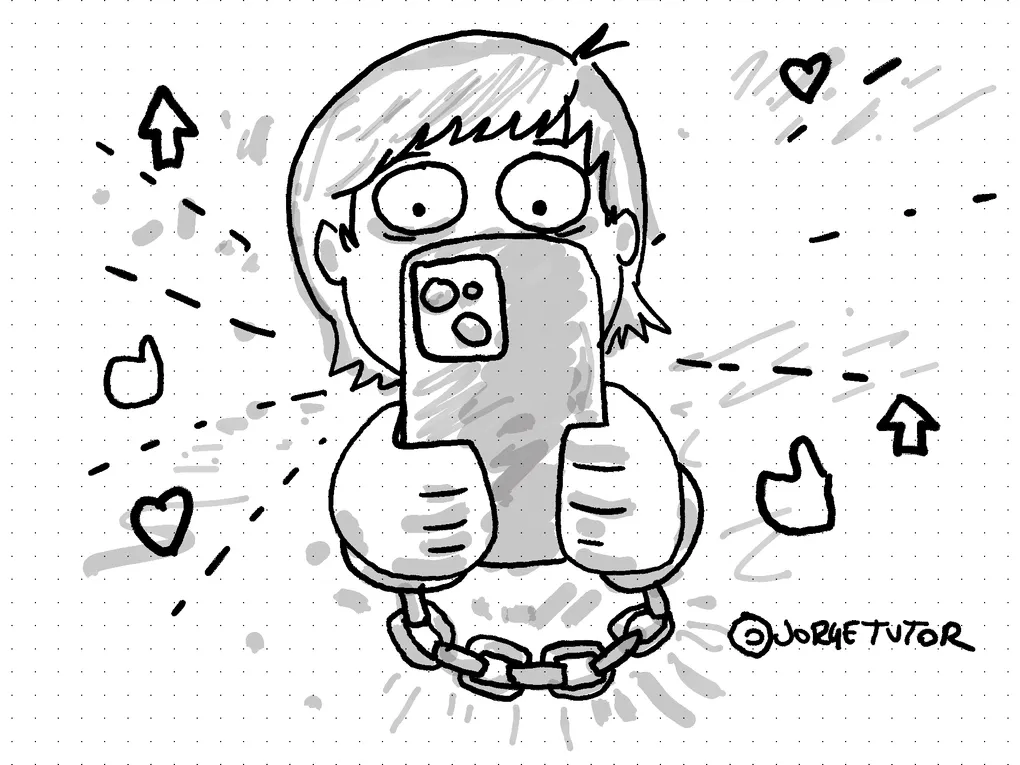Reclaim your attention: why digital minimalism isn’t just a trend—it’s your survival strategy
You don’t need a productivity hack. You need a _philosophy_. One that says: my attention matters. Digital minimalism gives you that.

You’re being manipulated.
Have you ever opened your phone to check a message, then looked up 30 minutes later wondering where the time went? You’re not alone. And you’re not lazy. Billions have been spent designing platforms that want you distracted. Cal Newport calls this “a lopsided arms race”—you vs. a trillion-dollar industry. Spoiler: you’re outgunned.
It’s not one app that’s the problem. It’s all of them, competing for your time, emotions, and brain chemistry. You downloaded these tools to stay in touch, be informed, or get inspired. But they now undermine the very things that once made them valuable. That’s not you—it’s the business model.
You’re not the product—you’re the prize.
Let’s be honest. What started as convenience has turned into compulsive checking. The red notification badges, the infinite scroll, the thrill of “likes”—they’ve all been engineered to hook you. Your mind is now the battlefield. Your attention? The currency.
Social media makes you feel connected, but also strangely lonely. You scroll for joy but leave feeling numb. What gives?
Newport argues that we’ve let technology infiltrate our lives without asking the basic question: “Is this the best way to support what I value?” Instead, we default to a mindset of “more is better.” But more screens don’t mean more life.
Here’s the twist: when everything feels urgent and worthy of attention, nothing truly gets it. And what we lose in that tradeoff—solitude, focus, deep connection—isn’t easily replaced.
A better way is possible—and deeply satisfying.
Digital minimalism isn’t digital abstinence. It’s not about throwing your phone in a lake or living like a monk. It’s about choosing with intention.
Here’s what it looks like in practice:
1. The digital declutter (reset your tech life)
Take 30 days off from optional tech. No social media apps. No impulse YouTube binges. Just a clean break. During that time, rediscover what matters—reading, hobbies, conversation, rest.
At the end, reintroduce tech on your terms. Only let it back in if:
-
it supports something you deeply value
-
it’s the best tool for that job
-
you have clear rules about how and when you’ll use it
Example: “I will check Instagram once a week on my laptop, not my phone. I will follow only close friends and artists who inspire me.”
2. Reclaim solitude (rediscover your inner voice)
Solitude isn’t about being alone—it’s about being free from input. When was the last time you walked without earbuds or sat with your thoughts? That mental space is where creativity, clarity, and emotional resilience are built.
Try:
-
Leaving your phone at home for short trips
-
Taking long walks with no music
-
Writing letters to yourself to process decisions
3. Reject low-quality connection (and clickbait)
“Liking” someone’s post isn’t a real connection. Constant texting isn’t a conversation. Newport pushes us to talk like humans again—face-to-face, voice-to-voice.
-
Hold “conversation office hours”—set times you’re available to talk
-
Don’t “like” or comment unless it’s a meaningful exchange
-
Turn off notifications and check messages on your schedule
4. Rebuild leisure (so you’re not bored without a screen)
A life without tech distraction only feels empty if you haven’t filled it with something better. Newport calls for a leisure renaissance.
That means:
-
Fixing or building something weekly
-
Learning new skills that use your hands, not your thumbs
-
Joining clubs or groups that meet in person
-
Planning your week to include meaningful fun, not passive scrolling
5. Resist the attention economy (your time ≠ their profit)
Companies profit when you’re distracted. But when you say no to “just five more minutes,” you’re pushing back.
Practical strategies:
-
Delete social media apps from your phone
-
Use your phone like a tool, not a toy (try “dumbing it down”)
-
Turn devices into single-purpose tools (e.g., Kindle for reading only)
-
Consume “slow media”—books, long-form journalism, deep podcasts
-
Follow a few quality voices, not a noisy feed
Start your digital reset.
You don’t need a productivity hack. You need a philosophy. One that says: my attention matters. Digital minimalism gives you that.
So here’s your next step: Take the 30-day digital declutter challenge. No optional apps. No mindless browsing. Just you, your thoughts, and the life you’ve been too distracted to live fully.
Then rebuild—intentionally.
Because the question isn’t, “Should I quit social media?”
It’s, “What do I want my life to look like?”
And that answer shouldn’t be decided by an algorithm.
← Back to Blog